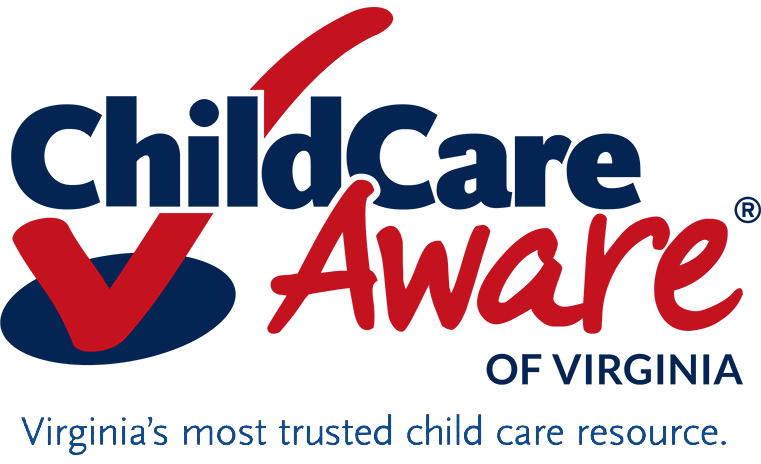As a parent in Virginia, it is essential to understand the differences between licensed and unlicensed child care. These differences directly affect the quality of care, safety, and overall well-being of your child. Take a look at these comparisons:
1) Licensing and Regulation:
- Licensed Child Care: Providers must meet specific standards and regulations set by VDOE, including inspections and background checks.
- Unlicensed Child Care: Some types operate without state oversight and may lack critical safety and staff qualifications.
2) Quality and Accountability:
- Licensed Child Care: Licensed child care programs are held to higher standards that prioritize the well-being and development of children. These programs are accountable to health and safety regulations enforced by the Commonwealth of Virginia. Licensing indicates a commitment to maintaining a safe and enriching environment for children.
- Unlicensed Child Care: May lack accountability, with variable quality and potential safety risks
3) Health and Safety:
- Licensed Child Care: Inspections ensure that facilities, equipment, and practices meet state standards for background checks, cleanliness, safety, and emergency readiness.
- Unlicensed Child Care: Potential gaps in safety protocols and emergency preparedness due to a lack of regulation.
4) Educational Programming:
- Licensed Child Care: Often offers structured educational activities that promote cognitive, social, and emotional development.
- Unlicensed Child Care: May not adhere to educational standards, potentially limiting access to learning experiences.
5) Peace of Mind:
- Licensed Child Care: Knowing your child is in a state-regulated environment provides peace of mind.
- Unlicensed Child Care: Opting for unlicensed care carries more uncertainty, potentially compromising safety and quality.
Child Care Licensing—Inspections
The Virginia Department of Education (VDOE) conducts inspections of licensed programs, including:
-
- Initial inspections before operation
- Twice-yearly unannounced inspections
- Additional inspections as needed for program development or in response to complaints
Religious Exempt Centers:
-
- May be inspected by VDOE to ensure compliance with state regulations
- Inspected when a complaint or allegation is reported
- Additional health and safety inspections if the center is a subsidy vendor
Voluntarily Registered Family Day Homes:
-
- Inspected before initial certification and renewal
- Inspected in response to complaints
- Annual monitoring inspections conducted on a random sampling of homes
- Minimum of one unannounced health and safety inspection per year for subsidy vendors
Visit the VDOE website to learn more about the benefits of Licensed Child Care!
Check Provider Records
You can review a provider’s inspection records and check their subsidy status on the Department of Social Services website. This information can help you make an informed decision about the best care option for your child and family.
